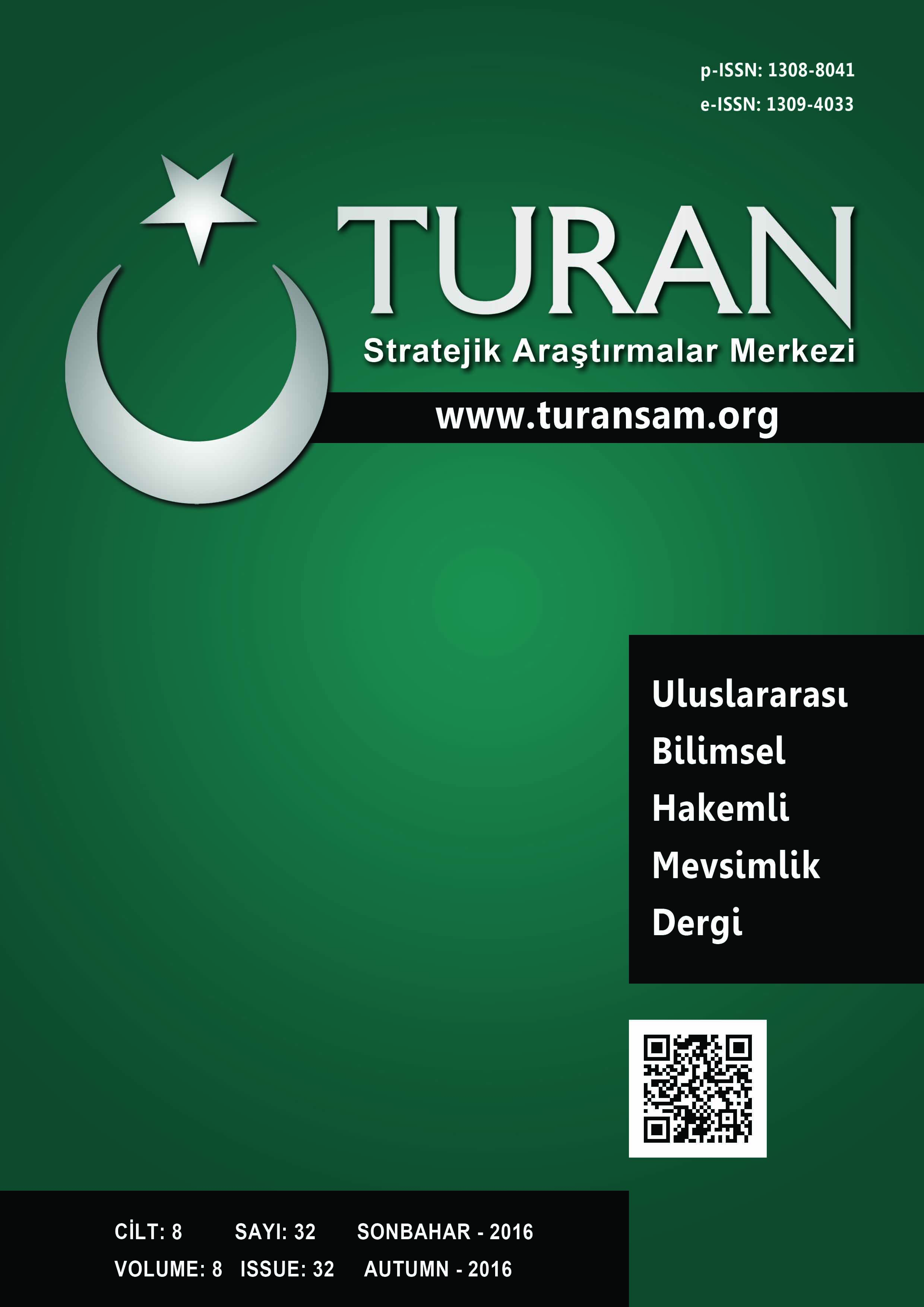
TÜRKİ CUMHURİYETLERDE ÇEVRESEL KUZNETS EĞRİSİ HİPOTEZİ TESTİ: PANEL VERİ ANALİZİ
In this study, we have investigated relationship between income per capita and enviromental degradation in selected seven Turkic Republics with panel cointegration tests. For that purpose, data set 1992-2011 is used. According to research results, there is a positive linear relationship between our two variables in this countries. Consequently Enviromental Kuznets Curve (EKC) hypothesis is not valid for this countries.
More...